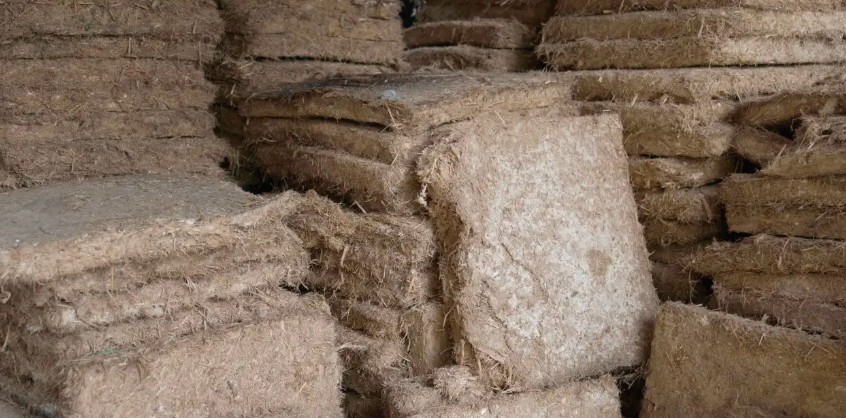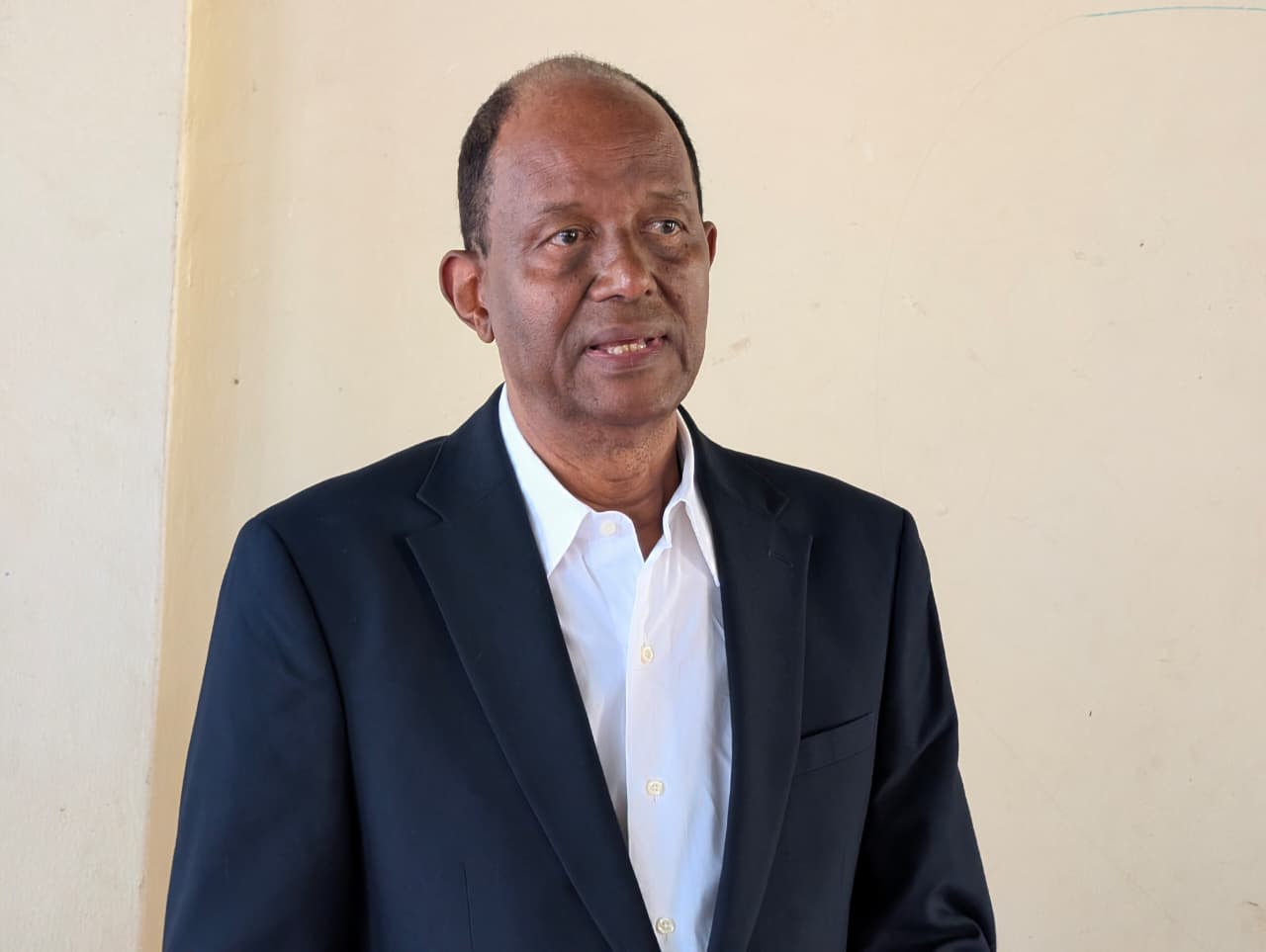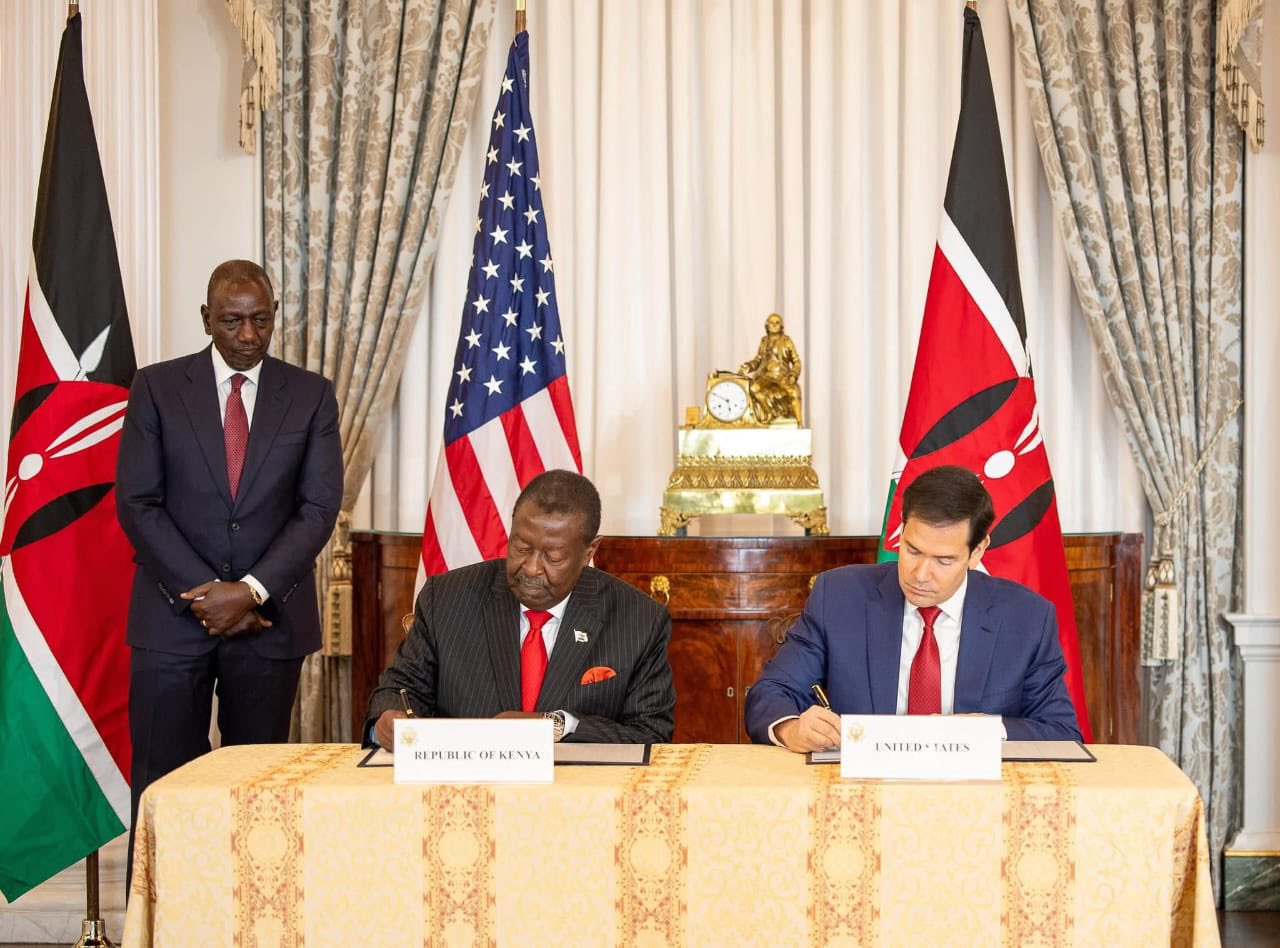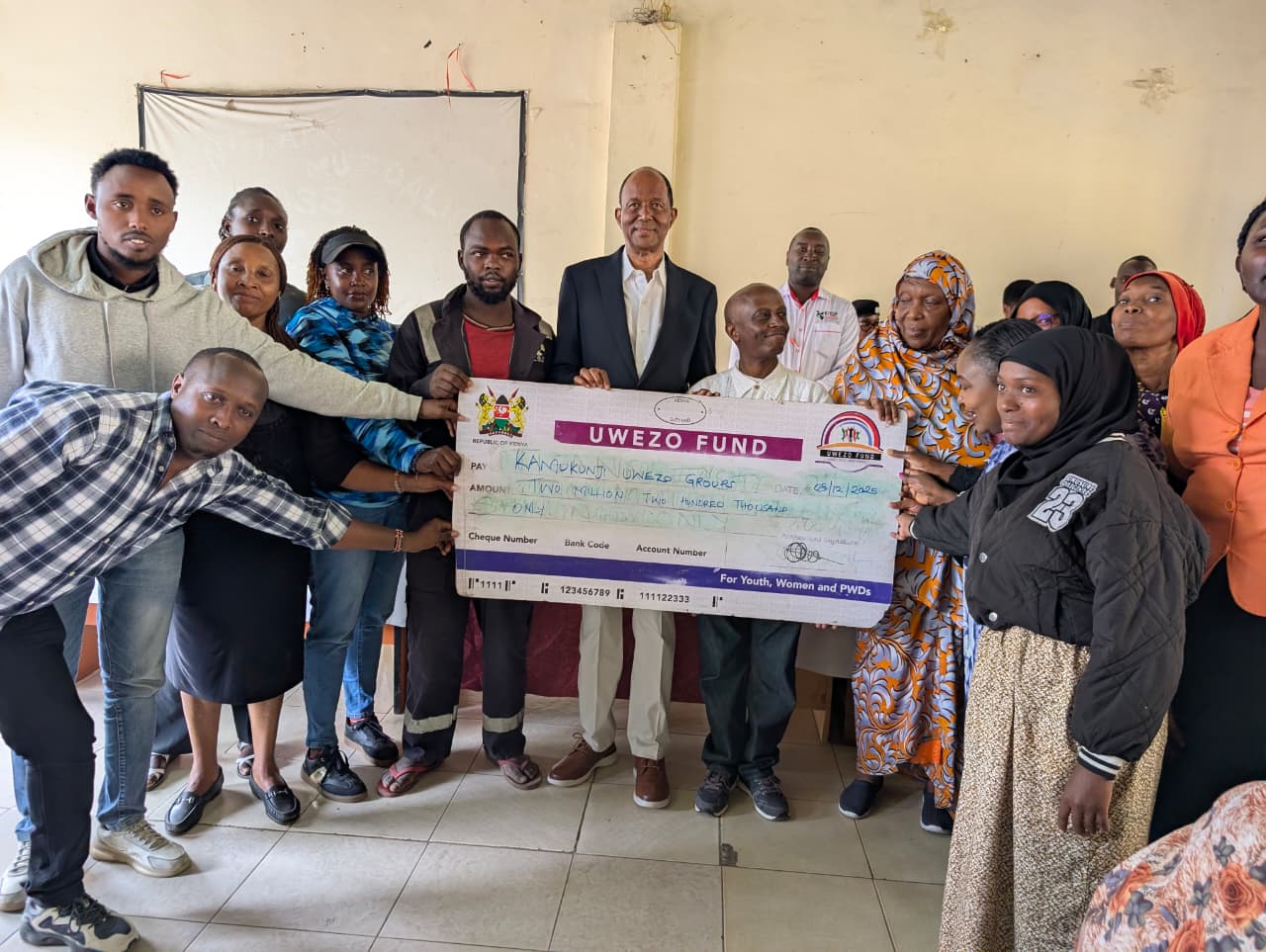Nairobi innovator turns mushrooms into affordable bricks for Kenya’s housing boom

As Nairobi battles a growing housing deficit, a local startup is turning mushroom roots and farm waste into durable, affordable panels—offering hope for greener, cheaper homes across Kenya.
A farm on the outskirts of Nairobi is turning mushrooms into building materials — offering a cheaper and greener alternative to traditional bricks.
The farm cultivates mycelium, the root structure of fungi, which local company MycoTile transforms into panels for walls, roofs, insulation, and interior décor.
More To Read
These panels cost roughly a third less than conventional materials, with production currently reaching about 3,000 square meters per month.
The innovation comes as Nairobi grapples with a massive housing shortage. Authorities estimate the city needs over two million new homes, leaving many residents in informal settlements or living in unfinished structures.
Significant savings
For many Kenyans, the cost savings are significant. Building a simple one-bedroom house with bricks, timber, and tin sheets can cost up to Sh150,000 ($1,000) — double that for better finishes.
By contrast, AFP reports that street vendor Jedidah Murugi spent just Sh26,880 ($208) on MycoTile panels for her 15-square-meter home, showing how the new material could help more people afford decent housing.
According to MycoTile founder Mtamu Kililo, his innovation could help make affordable housing more attainable.
"Introducing affordable materials like ours taps into an existing huge market and contributes to providing affordable housing solutions," he said in an interview with AP News.
MycoTile combines mycelium with natural fibres and agricultural waste, such as sugarcane byproducts collected from factories in western Kenya. The mixture is pasteurised, moulded into panels, and baked to produce strong, eco-friendly materials.
Kililo says the company uses around 250 tonnes of agricultural waste each year, helping to reduce pollution and ease pressure on waste disposal systems.
"We go to western Kenya, where there are many sugar manufacturing factories and collect the waste matter," he said.
Large-scale production
The company also operates at the Kenya Industrial Research and Development Institute (KIRDI) in Nairobi, where it accesses machinery for large-scale production. Experts say such innovations are crucial as Kenya works to decarbonise construction — one of the country’s biggest sources of carbon emissions.
The idea for MycoTile was born during Kililo’s research fellowship in Kigali, Rwanda, home to one of East Africa’s largest mushroom farms. Watching mushrooms thrive on agricultural waste inspired him to experiment with small blocks at home, which he later developed into commercial panels.
Elsewhere, similar experiments have shown mycelium’s versatility. Namibia built its first mycelium house in May 2024, while in the Netherlands, the material has been used to make biodegradable coffins.
Top Stories Today














































